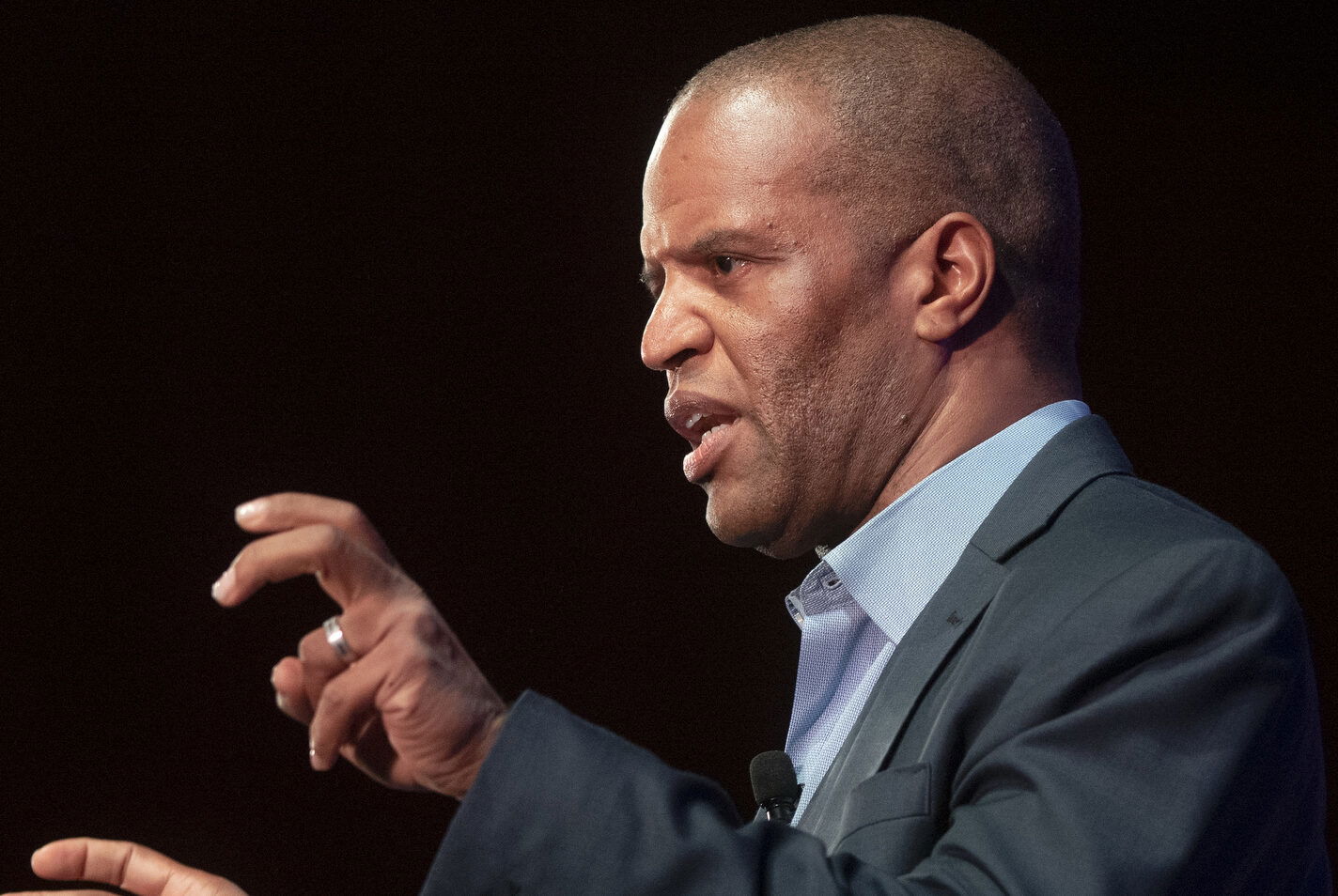
March 20, 2025
Judge Halts Travel Ban For New Orleans Mayor LaToya Cantrell After Granting Restraining Order Request
The travel ban for the New Orleans mayor and other city employees came after an unanimous vote from the council.
A judge has halted the New Orleans City Council’s ban on Mayor LaToya Cantrell’s travel after she requested a temporary restraining order.
On March 5, Mayor Cantrell challenged the ban ordered by the council, which prohibited non-essential travel for her and city members. According to Nola.com, the mayor’s request was granted by Orleans Parish Civil District Court Judge Marissa Hutabarat. The ban for the New Orleans mayor and other city employees came after Cantrell backed out of a settlement worth millions of dollars that would have been distributed to schools in the city.
Cantrell claimed the council’s ban is “an unlawful and unconstitutional power grab.” However, Council President JP Morrell criticized Cantrell’s decision to run to a judge rather than veto the ordinance. WDSU reported that a spokesperson for Morrell stated last week, “This is a placeholder designed to extend the current travel ban once it expires. The Administration appears to have a fundamental misunderstanding of the law regarding the current ban.”
The New Orleans mayor recently faced backlash from the council for a trip she took to attend the Yale Mayor’s College Conference in Washington, D.C., despite the travel ban. She argued that the trip was confirmed on the schedule way ahead of the council’s ordinance. Morrell’s spokesperson stated, “If the Administration intends to argue that the DC trip was permissible because it occurred during a layover period before the final vote, then this legislation provides the Council with the flexibility to extend the ban smoothly, without the need to create a new layover period.”
According to The City of New Orleans, “The ordinance passed by the Council restricting travel by the Administration once again exceeds the authority granted to them under the City’s Home Rule Charter. The Administration sought and was granted a temporary restraining order by the Court.”
A March 28 hearing will decide if the ban will remain blocked.
RELATED CONTENT: Judge Gives Mayor Cantrell Extended Deadline To Respond To Lawsuit








